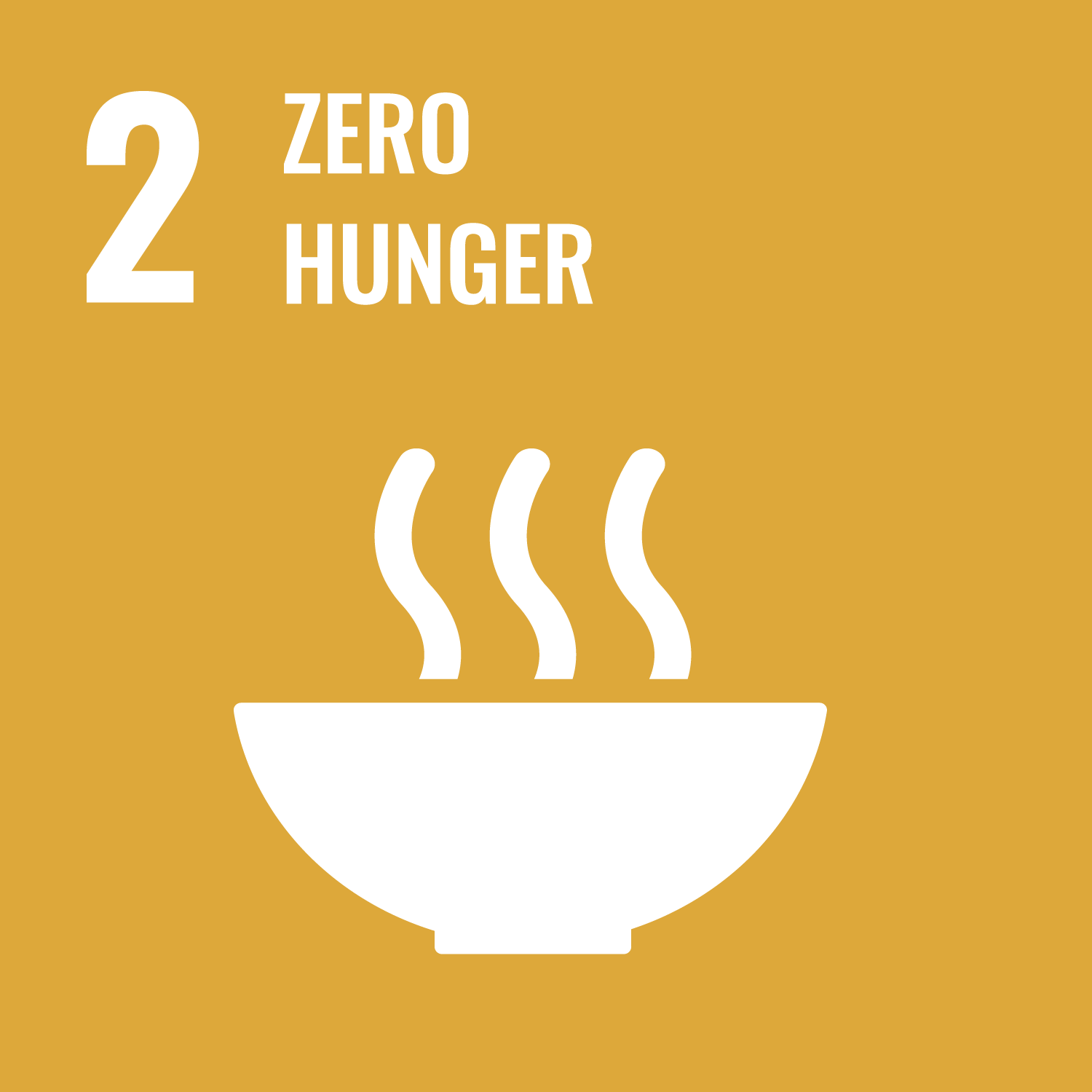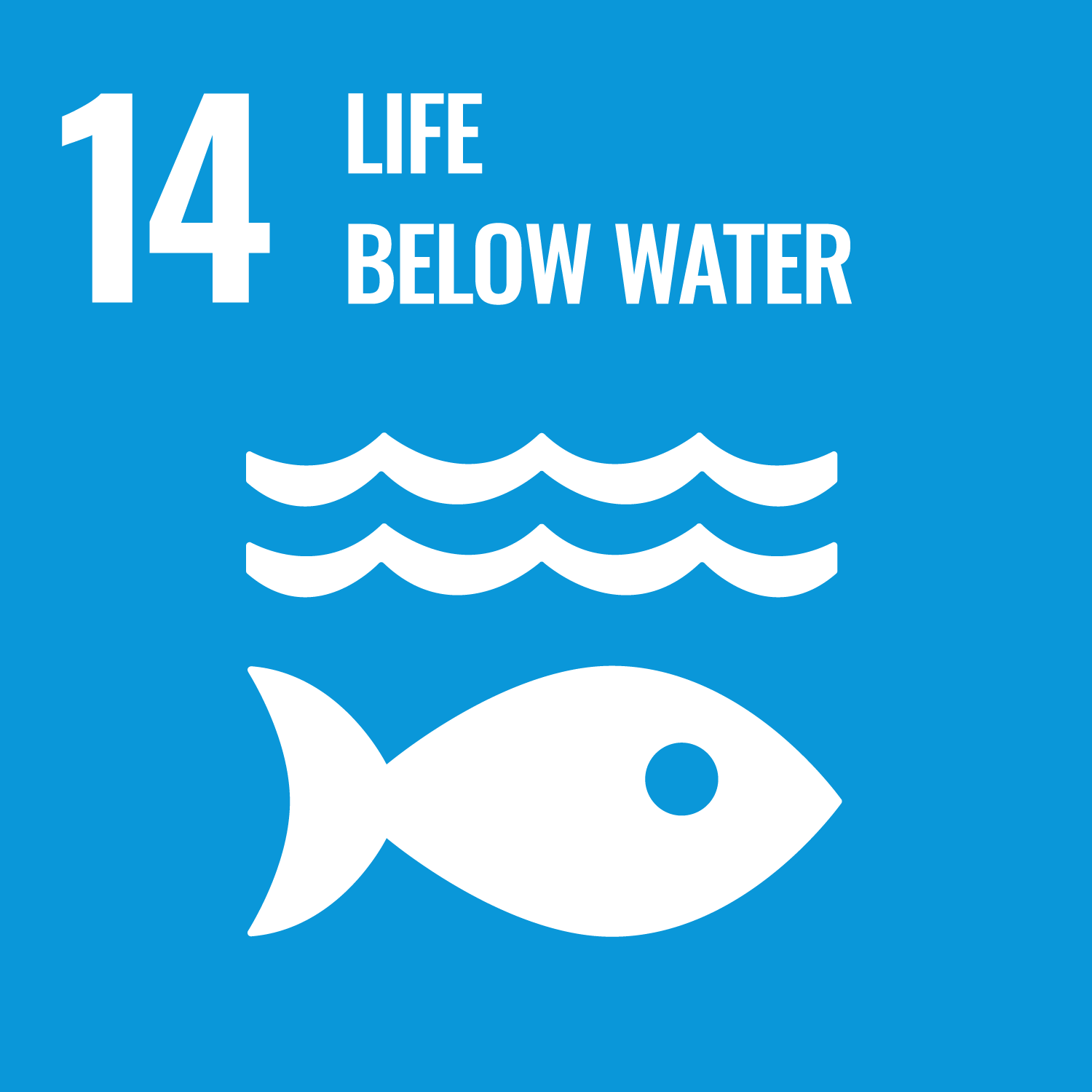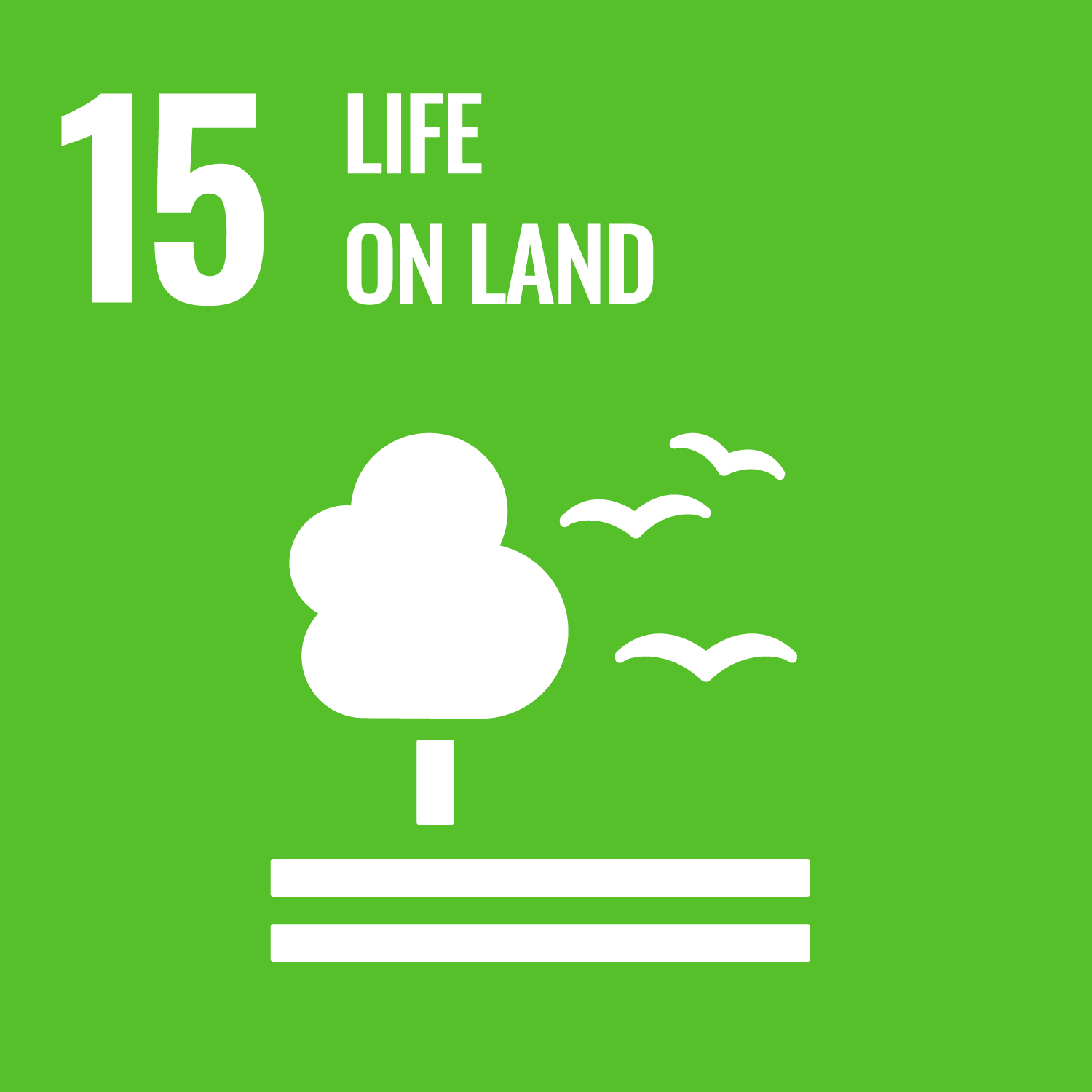Based on the basic knowledge and experimental techniques acquired by the third year, students conduct research in accordance
with their respective research themes in the laboratory to which they are assigned, and write a thesis on the results. They
also give an oral presentation of the thesis.
The purpose of this course is to develop the skills to conduct experiments or research on a certain theme using the basic
knowledge and experimental techniques learned, and to write a thesis and make an oral presentation of the results.
- Be able to conduct experiments on research themes using the knowledge and techniques acquired in Undergraduate Thesis Research 1, in addition to the content learned by the third year.
- Be able to explain research progress with appropriate charts and graphs and respond appropriately to technical questions.
- Be able to logically discuss the process to conclusions based on previous research and data.
- Be able to sufficiently discuss the novelty and inventive step of the research results in comparison with previous studies has been developed.
| Research ability and initiative | Presentation | Objectivity and credibility | Discussion ability | Total. | |
|---|---|---|---|---|---|
| 1. | 25% | 25% | |||
| 2. | 25% | 25% | |||
| 3. | 25% | 25% | |||
| 4. | 25% | 25% | |||
| Total. | 25% | 25% | 25% | 25% | - |
We analyze the in vivo metabolic conversion mechanism of vitamin K and vitamin D which are fat soluble vitamins. We also analyze
the role of age-related diseases such as osteoporosis and cerebral nerve degenerative diseases by using knowledge and techniques
of biochemistry and molecular biology.In addition, the student presents the results obtained through the research at domestic
and overseas academic conferences, and presents it in domestic and overseas papers.Through such research, students cultivate
the foundation and application skills as society people and researchers.
| ways of feedback | specific contents about "Other" |
|---|---|
| Feedback in the class |
- Follow the instructions of each faculty advisor.
- Course that cultivates an ability for utilizing knowledge
- Course that cultivates a basic interpersonal skills
- Course that cultivates a basic self-management skills
- Course that cultivates a basic problem-solving skills
| Work experience | Work experience and relevance to the course content if applicable |
|---|---|
| Applicable | Drawing on my experience working in clinical drug development, I will teach the basic concepts of life sciences, the fundamental technologies of life sciences, and examples of practical applications using life sciences. |








- 2.ZERO HUNGER
- 3.GOOD HEALTH AND WELL-BEING
- 4.QUALITY EDUCATION
- 9.INDUSTRY, INNOVATION AND INFRASTRUCTURE
- 11.SUSTAINABLE CITIES AND COMMUNITIES
- 12.RESPONSIBLE CONSUMPTION & PRODUCTION
- 14.LIFE BELOW WATER
- 15.LIFE ON LAND
Last modified : Fri Jun 28 17:32:33 JST 2024
